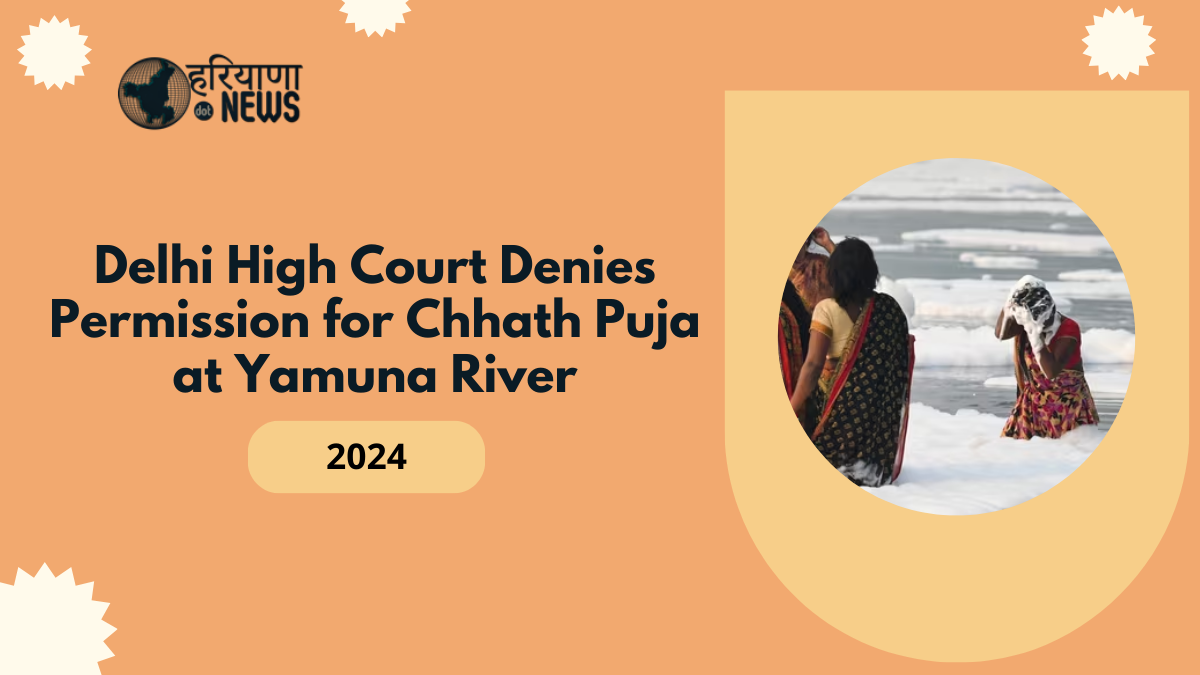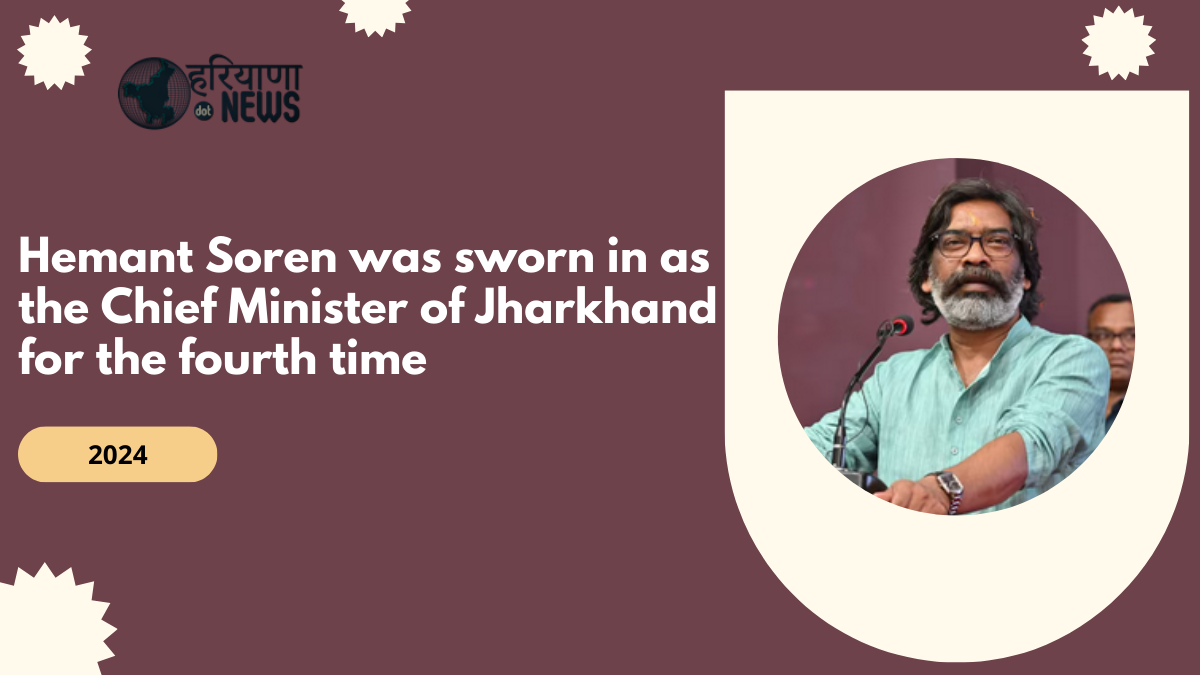The Delhi High Court has denied a request to conduct Chhath Puja at the Yamuna riverbank in Geeta Colony, citing severe pollution levels as a public health risk.
Court Ruling on Chhath Puja Along the Yamuna River
On Wednesday, the court rejected requests from devotees who sought to perform Chhath Puja rituals at the Yamuna riverbank in Geeta Colony, expressing concern over the highly polluted condition of the river. The court underscored the risks, cautioning that participating in such rituals in the river could lead to serious health hazards due to water contamination.
“It is very dangerous for your health,” stated a panel comprising Chief Justice Manmohan and Justice Tushar Rao Gedela. “The pollution levels are so extreme that submerging in this water is likely to harm anyone who participates. This cannot be allowed, as the river itself is extremely polluted,” the bench commented, highlighting the potential dangers for devotees who may attempt to immerse in the river.
Government’s Position on Public Health and Pollution
Delhi government’s counsel, Santosh Kumar Tripathi, supported the court’s stance, pointing out that the Yamuna’s pollution levels are alarmingly high. Tripathi informed the court that allowing devotees to perform Chhath Puja at the river’s edge could increase the risk of illness among participants. He also highlighted that the Delhi government has proactively identified 1,000 designated locations across the city for safe Chhath Puja celebrations, ensuring adequate arrangements for devotees at these alternative sites.
Reference to Previous Judgments and Rising Pollution Levels
In its decision, the high court referred to its recent judgment in the Shabnam Burney case, where the court officially recognized the worsening pollution in the Yamuna River. This recent ruling noted that pollution in the Yamuna has reached unprecedented levels, underscoring the need to restrict activities that may expose people to these environmental hazards.
This ruling coincides with alarming visuals of dense, toxic foam floating on the Yamuna’s surface in the Kalindi Kunj area. The persistent pollution issues further illustrate why performing rituals in the river could jeopardize public health.
 Mumbai Police Detain Woman for Threatening Call on Prime Minister Modi’s Life
Mumbai Police Detain Woman for Threatening Call on Prime Minister Modi’s Life
 Hemant Soren was sworn in as the Chief Minister of Jharkhand for the fourth time, took oath as Jharkhand’s 14th chief minister
Hemant Soren was sworn in as the Chief Minister of Jharkhand for the fourth time, took oath as Jharkhand’s 14th chief minister
 India’s Strategic Breakthrough: Advancing SLBM Capabilities with INS Arighaat
India’s Strategic Breakthrough: Advancing SLBM Capabilities with INS Arighaat
 Chinmoy Das Arrest: High Court Petition Seeks Ban on ISKCON Amid Rising Violence Against Hindus in Bangladesh
Chinmoy Das Arrest: High Court Petition Seeks Ban on ISKCON Amid Rising Violence Against Hindus in Bangladesh
 Bangladesh Police Use Tear Gas and Batons Against Hindu Protesters After Chinmoy Das’ Arrest
Bangladesh Police Use Tear Gas and Batons Against Hindu Protesters After Chinmoy Das’ Arrest





Devotees and Environmental Concerns
Despite the pollution, many devotees gathered on the first day of Chhath Puja to take ritualistic baths in the Yamuna, with toxic foam visible on the water’s surface. Chhath Puja is a deeply significant festival for the Purvanchali community in Delhi, which includes residents from Uttar Pradesh, Bihar, and Jharkhand, who constitute an estimated 30-40% of Delhi’s electorate. With assembly elections approaching early next year, this decision may impact both public sentiment and political discussions within the Purvanchali community.
Government Initiatives and Environmental Measures
While the court’s decision may disappoint devotees, the government’s allocation of 1,000 alternative sites offers a safer option for the public to celebrate the festival without risking exposure to the river’s harmful pollutants. This approach reflects efforts to balance religious practices with pressing environmental and health concerns, allowing for a safe celebration of Chhath Puja across the city.
By highlighting the environmental hazards of the Yamuna and providing alternative locations for worship, the Delhi High Court aims to protect both public health and the environment during this major religious festival.
Click here to know more.






